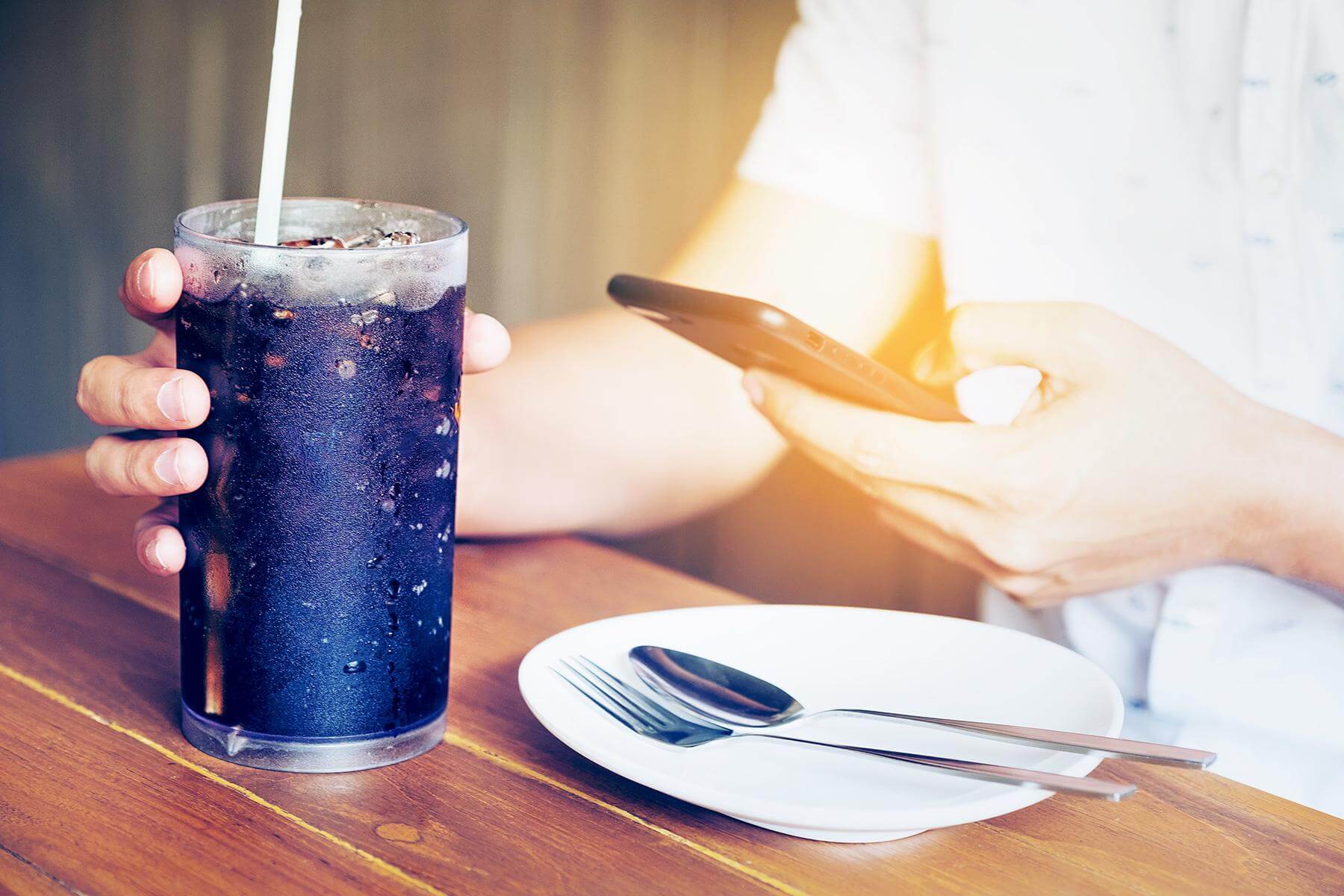How do diet drinks compare to water when trying to lose weight and keep it off?
Overview
What did they test? The researchers examined how diet drinks compared to water for weight loss and weight-loss maintenance across 52 weeks.
What did they find? Water and diet drinks both resulted in significant reductions in body weight with the group consuming diet drinks managing to maintain weight loss a bit better than the group consuming just water.
What does it mean for you? When trying to lose weight, consuming diet drinks can be a useful way to ensure that you’re successful in not only losing weight but also keeping it off.
What’s the Problem?
Zero calorie a.k.a diet drinks are among the most commonly consumed products in the world of fitness. From zero-calorie energy drinks to all-time classics like Diet Coke, diet drinks come with all the positives of their sugar-filled originals, but without the excess calories from sugar. The fitness world aside, the increasing prevalence of obesity and its associated health risks have prompted widespread efforts to identify effective weight management strategies, with a pivotal aspect of these efforts revolving around the role of beverage consumption, particularly the impact of sugar-sweetened beverages on weight gain and related health outcomes. Recognizing the adverse effects of excessive sugar intake, dietary guidelines advocate for alternatives such as water or non-nutritive sweetened drinks, meaning drinks with no nutritional value, which we will refer to as “diet drinks” in this review. Although more research is coming out on diet drinks and their effect on short-term weight loss 1, the utilization of diet drinks in long-term weight management remains a subject of considerable debate, marked by conflicting evidence and controversies surrounding their potential effects.
Observational studies have suggested a positive association between diet drink consumption and increases in body weight 2, something that we often see reported or cited when somebody is trying to make a case against diet drinks.
However, randomized controlled trials have yielded divergent findings, showing that indeed, diet drinks can be a great tool to aid in weight loss, with some studies even showing that diet drinks can be superior to water for weight loss 3. In addition, meta-analyses and systematic reviews have reported that consuming diet drinks reduced overall energy intake and resulted in weight loss, coupled with potential cardiometabolic benefits, especially when compared to sugar-sweetened drinks 4.The one issue with the current literature is that the majority of available studies have focused on short- or medium-term durations, leaving a notable gap in our understanding of the long-term effects of diet drinks on weight maintenance following weight loss, especially when participants are left unassisted, without any weekly or monthly interventions.

But, here comes the study by Harrold et al to clear things up. Before we dive into the study, a bit of background.
The study we’re reviewing was “inspired” by a previous study conducted by Peters et al 3. Peters et al 3 specifically compared the effects of diet drinks and water on weight loss and maintenance. The study included 12 weeks of active weight loss, where participants took part in a weekly behavioral weight management program, followed by 40 weeks of assisted weight maintenance, where participants were provided monthly lifestyle intervention sessions. As briefly mentioned above, the participants consuming diet drinks managed to lose more weight and do better at maintaining their post-weight-loss weights versus the group that consumed water. This study used a very similar design to the Peters et al 3 study, but also added a voluntary 52-week unassisted study extension after the 40-week assisted weight-maintenance phase. This means that participants were invited to continue being part of the study after finishing the 52 “assisted” period, although that part of the study has not yet been completed. For the time being, we will only look at the results of the 12+40 week “assisted” period and see if the results of this study do indeed match the findings of the classic Peters et al 3 study.
You may be wondering “what’s the point of doing a very similar study if we already have one showing that diet drinks are better than water for weight loss?”. Replicating studies is a very important part of the scientific process as it allows us to be more confident in the results of a given study while assisting in building a cumulative body of knowledge.







